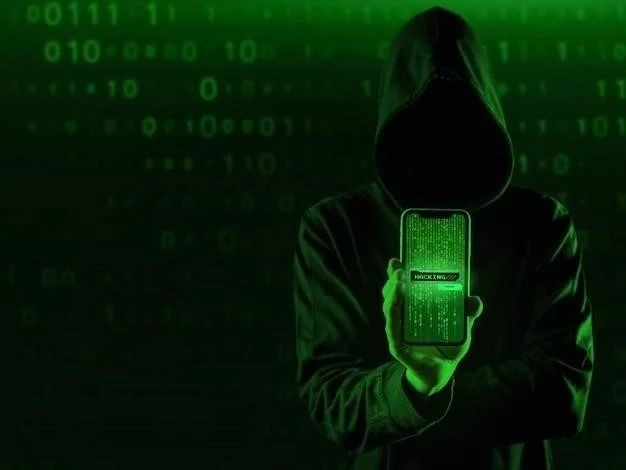Table content
# Zero-Knowledge Cryptography: Far More Than Web3 Alone
Disclaimer: The points of view and thoughts stated herein belong solely to the writer and do not essentially represent the opinions or views of the crypto.news content group.
When individuals talk about zero-knowledge cryptography in 2024, they frequently consider privacy-centric uses within the Web3 area, including blockchain tech, cryptocurrencies, digital wallets, and users who are already somewhat acquainted with Web3 ideas. Toncoin (TON) Value Forecast for March 26th
However, zero-knowledge proofs (ZKPs) have existed since the 1980s, long before Web3 even came to be. So, why restrict their capacity to only blockchain uses? Established firms can – and definitely should – embrace ZK tech without completely immersing themselves into the Web3 structure.
Fundamentally, ZKPs unleash the ability to demonstrate something is accurate without exposing the fundamental data that renders it accurate. Ideally, a prover generates a proof, a verifier examines it, and these two entities remain entirely distinct to guarantee impartiality. It’s genuinely that simple. There’s no valid justification to permit the learning bend of Web3 to impede the acceptance of this potent concept.
The majority of organizations that could considerably gain from ZK tech aren’t utilizing blockchain, and numerous even lack understanding of Web3. The sector is still in its initial phases, with many individuals just now becoming at ease with Bitcoin (BTC) and Ethereum (ETH), not to mention Layer 2s and Layer 3s.
Despite this, ZKPs are already relevant to a broad spectrum of actual use scenarios, and they certainly don’t require a complete Web3 integration to be successful.
Do You Have Faith in the Payments of Your Slot Machine?
With zero-knowledge proofs, you don’t need to simply have faith in the betting operator. You can relish the games with the tranquility of mind that arises from understanding the game’s layout is demonstrably just. Every electronic slot machine globally ought to be created with ZKP in consideration; it simply is sensible for both operators and players.
Thats absolutely right! That assertion is perfectly accurate in describing the potential applications of zero-knowledge proofs.
Zero-knowledge machine learning, also called ZKML, represents a technique for showing the accurate operation of an AI system while keeping private details hidden regarding the model’s internal workings or its training dataset. Imagine it as demonstrating you arrived at the proper result without revealing the steps taken to reach the solution.
Thus, although we may rely on the University of Southern California to authenticate proof for this particular endeavor, there are undoubtedly more use cases in the domain of artificial intelligence. Ultimately, end-users may not wish to depend on a centralized organization to generate and confirm proof. Decentralized proof authentication is most logical when the motivations align to construct and validate “incorrect” proof.
ZK constitutes a Trustless, Decentralized System for All
Given that we possess ZK, we are not required to have faith in corporations or robots to inform us of the veracity. Numerous sectors can be enhanced with zero-knowledge blockchain remedies, regardless of their familiarity with the web3 realm.
By utilizing ZK proof authentication, enterprises and establishments can essentially preserve everything they’ve executed in terms of infrastructure. They merely necessitate the establishment of a straightforward proof generation system and subsequently employ a decentralized system such as zkVerify to oversee proof authentication. Users need not even concern themselves with it, even if a blockchain is employed.
The trajectory of ZK will be substantial, and organizations can reap the advantages without necessitating extensive alterations. They can employ it promptly.
John Camardo serves as the Head of Product Management at Horizen Labs, concentrating on the application of zero-knowledge cryptography to resolve tangible issues. He presently spearheads the product facets of zkVerify, a chain-agnostic, modular blockchain committed to efficiently authenticating ZK proof.


